Once Upon a Time in London
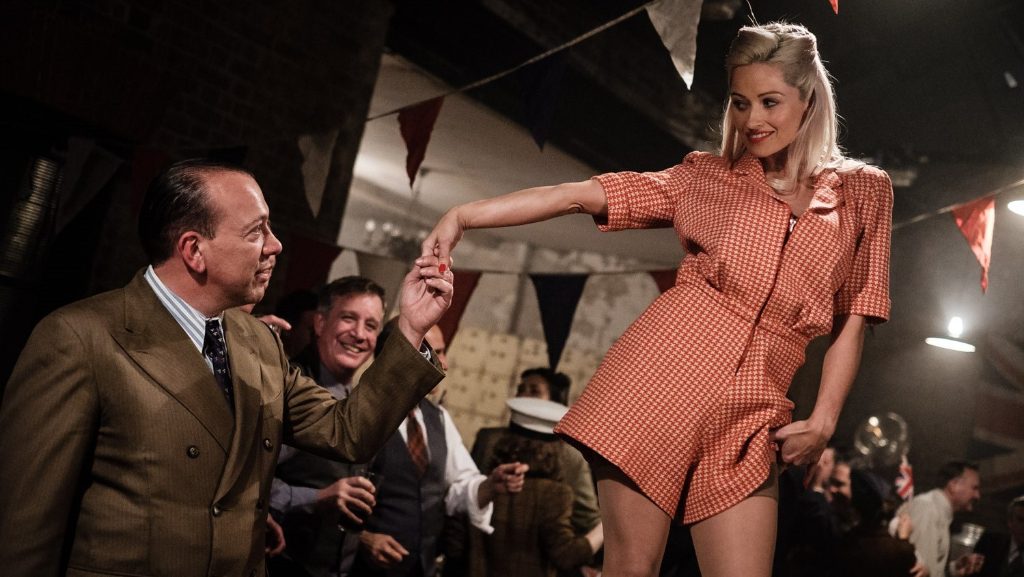
The cinematic canon of gangster epics is overflowing more than the rivers used to dump the bodies. So how does one make a film that stands out in a crowded genre? Capitalising on the recent success of British crime saga’s like Peaky Blinders (2013–) and Legend (2015), Once Upon a Time in London, based on the true story of the underworldly talents of Jack “Spot” Comer (Terry Stone) and Billy Hill (Leo Gregory), constructs a sweeping mythological narrative that covers much of the 1930s, 40s and 50s – but ultimately falls quite a bit short of being Britain’s answer to the De Niro-led 1984 Hollywood classic Once Upon a Time in America.
With the familiar familial trope of warring bloodlines so central to many gangster epics notably absent (here we encounter individuals, not families, doing battle), the real patriarch in the picture is power, its progeny of jealousy, greed, lust, betrayal and charming violence dominating almost every scene. Friends turn foes and foes turn friends as Spot and Billy Hill vie for the heavyweight title of King of the London Underworld.
Perpetually shifting power balances are beautifully illuminated by cinematographic changes in light and colour. As Spot climbs ranks the palette of colours framing the screen becomes rich and opulent, characters gilded with an almost golden hue, their world drenched in the champagne they so enjoy. Yet always in the background lurk their ominous shadows, warning us of darker days close by.
Nobody’s character better captures this looming tension than Stone’s, and the actor’s performance capably embodies the twin pillars of hubris and tragic pathos that support the weighty architecture of any classic gangster drama. Gregory too, as cocksure Billy Hill, has some good moments, especially when directly confronting his old boss Spot. But look further, to the supporting cast, and there isn’t a lot to say – and that perhaps says a lot.
Director Simon Rumley has built his reputation on intricate horror films that juxtapose physical and psychological torment. But though his first voyage into the crime genre again highlights his incredible command of the audiovisual language of violence, his mastery of emotional brutality, the lexicon of despair, desperation and hope, do not shine through in equal measure. Once Upon a Time in London sets itself an impossible task by aiming to mythologise Spot and Billy as underworld kings at the same time as attempting to deconstruct them as historical figures. The former requires an incredible breadth of characters and events, hence a bloody narrative stretching across 20 years that makes each appear larger than life, while the latter requires a level of psychological depth seemingly at odds with so grand a frame. And indeed, the film suffers, never quite reaching down deep enough into the characters’ psyches, something that holds true especially for an ancillary cast whose roles and lines often feel perfunctory, important topics like pregnancy glossed over hastily in a ticking-off-the-boxes affair.
There is a reason Italian director Sergio Leone’s Once Upon a Time in America clocked in at nearly four hours. Its British counterpart attempts to cover the same amount of ground in roughly half the time. In a rush, it forgets most of the key ingredients at the Sicilian grocery.
Gabriel Bernink
Once Upon a Time in London is released in select cinemas on 19th April 2019.
Watch the trailer for Once Upon a Time in London here:

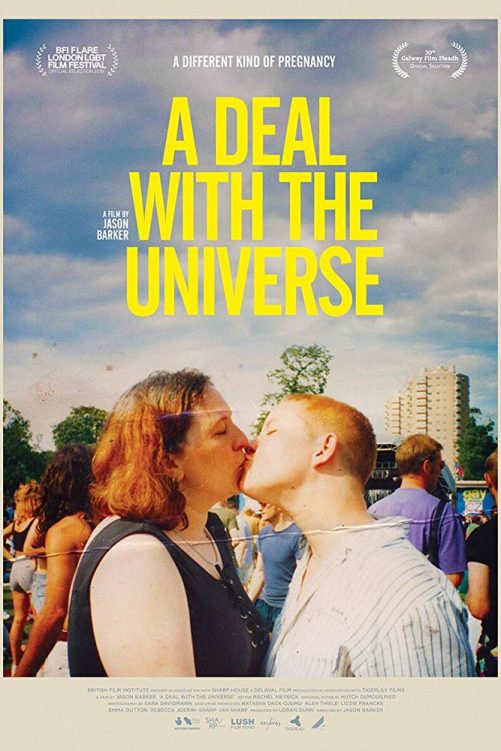
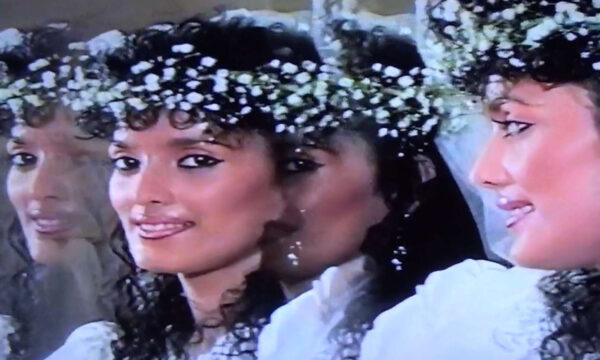
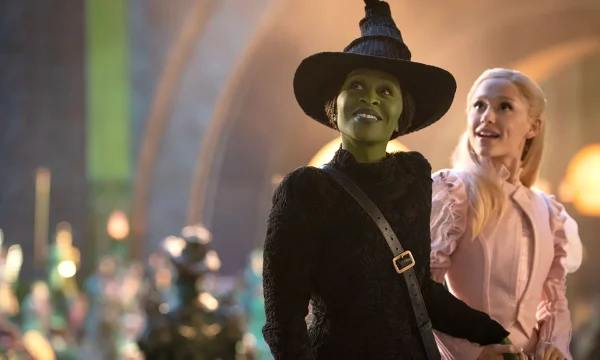
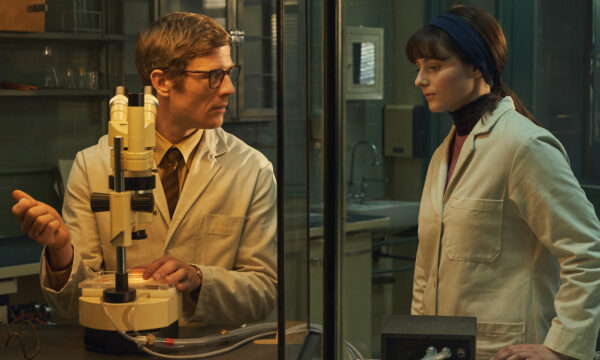
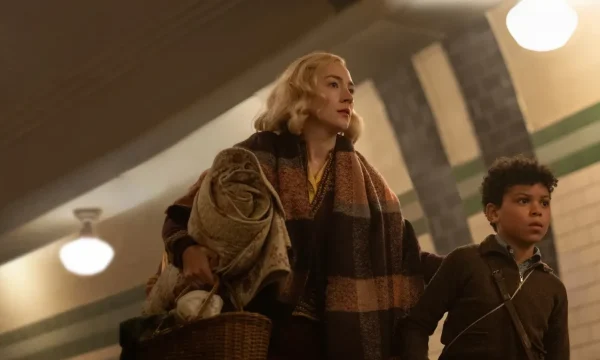
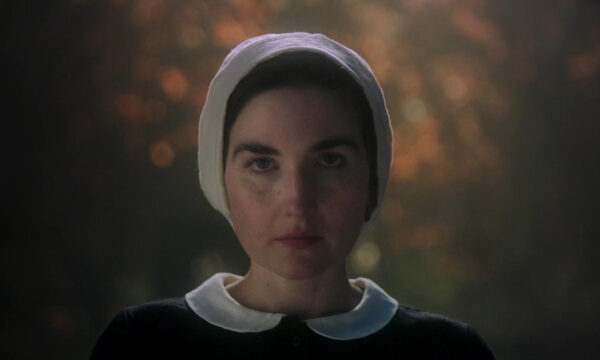
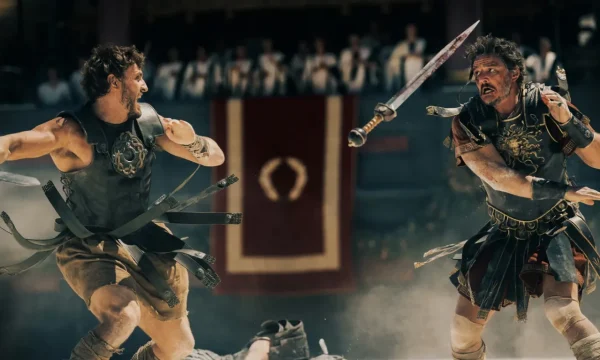
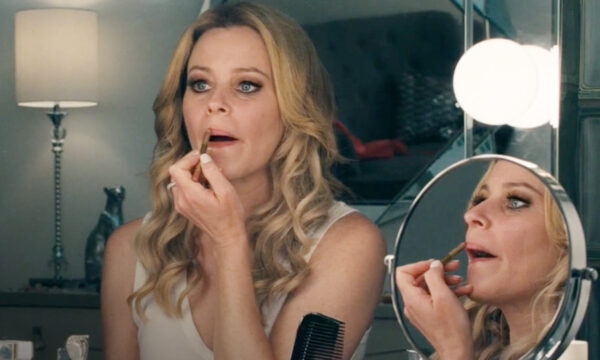
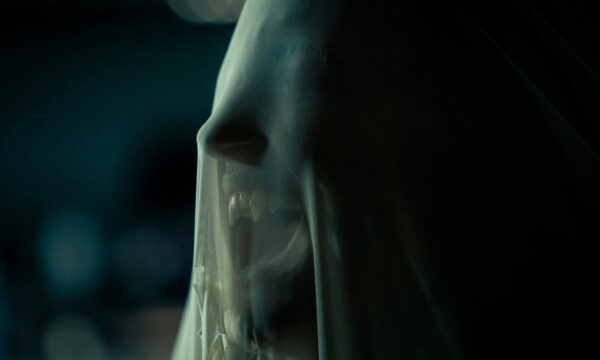











Facebook
Twitter
Instagram
YouTube
RSS